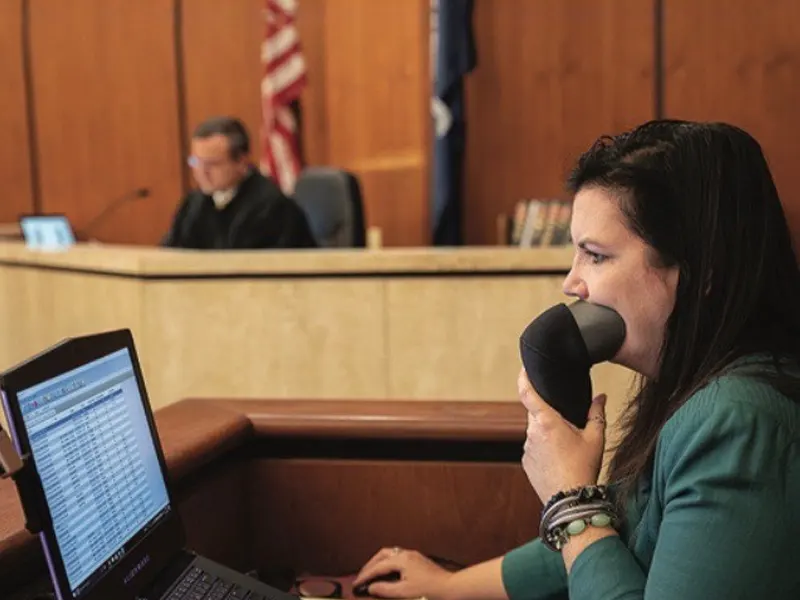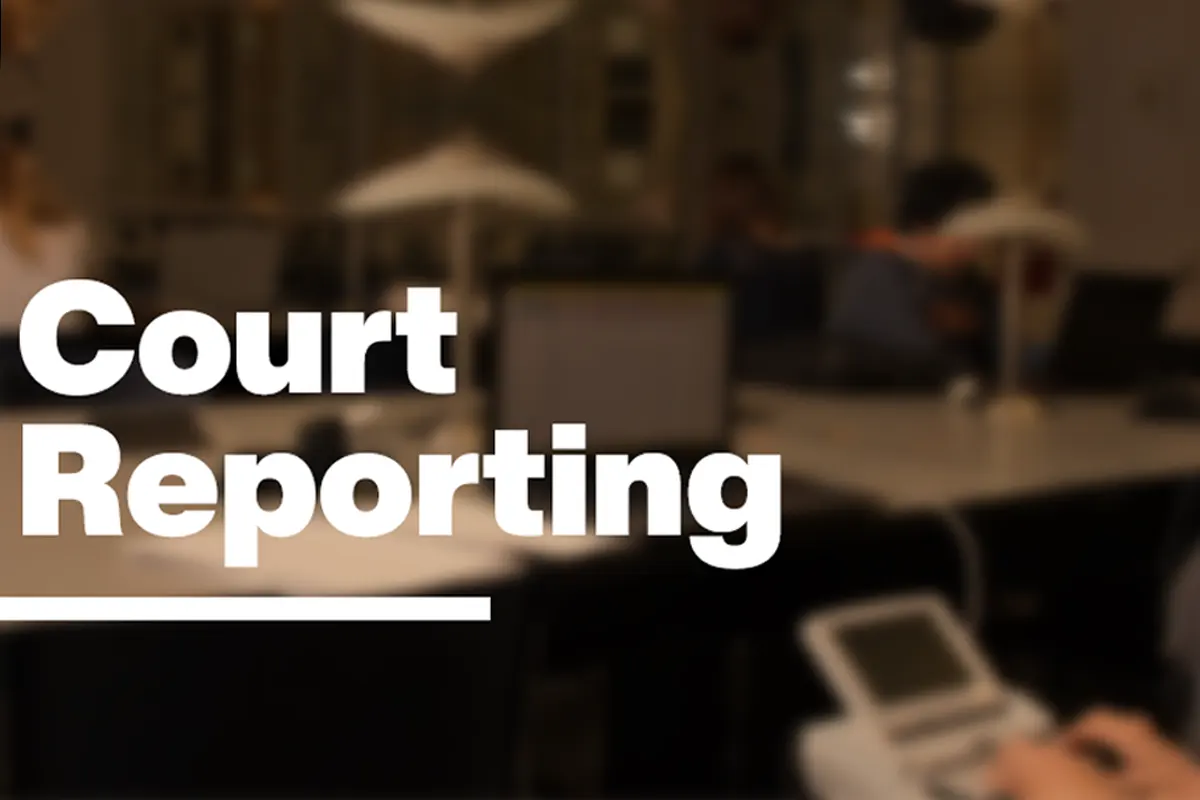Courts are other locations where precision and record keeping is more important than anything else. Any spoken word, declaration or legal testimony may affect the result of a case. This is where the court reporting network comes in. It provides the process that ensures secure copying, qualified stenographers, and safe juridical records. One should be able to learn how this network operates in order to ensure lawyers, judges, and even clients know how to work with the legal systems of today.
What is a court reporting network?
A court reporting network (CRN) is an organised collection of agencies and professionals who offer reporting services to courts, law firms, and other legal institutions. This network can provide law offices with a broader range of talented stenographers, transcriptions and legal technology specialists than they can with a single freelance reporter.
The aim is simple, provision of the appropriate transcripts and reporting services at the right time and in a safe and legal manner.

Key Functions of the Network
- Real time hearing or trial transcription.
- Deposition and legal proceedings stenographers.
- Data warehousing of transcripts and delivery that are secured.
- Video and digital reporting applications are utilised in complex cases.
- Professionals can be scheduled according to demand in various locations.
Such a system is homogeneous even in cases where the other jurisdictions or multi jurisdictional hearings apply.
The Reason Court Reporting Networks are Important
Accuracy and availability are not something the modern day fast legal system can do away with. There are a number of advantages of having a structured network rather than a single provider.
Full coverage across the country
The networks offer a great pool of court reporters. This implies that law firms will be able to reserve professionals in any part of the country without fear of availability issues.
High Standards of Accuracy
Certified reporters are strict in the sense that transcripts contain no errors. Advanced digital verification is also applied in many networks.
Time Saving Efficiency
Law firms can book appointments on one platform, rather than spend time looking around to find individual providers. It is a time-saving process that is centralised.
Secure Handling of Data
Transcripts have a tendency to be sensitive. Network data protection laws are severe and minimise the chances of leakage or misconducts.
Advanced Technology
Contemporary networks will frequently provide you with video synchronisation, electronic storage and even real time broadcasting of the transcript. This increases the efficiency of the complex cases.
How Court Reporting Network Services Work?
Legal professionals will be better placed to use these services once exposed to the process.
Booking a Reporter : this is where a session is booked by a law firm or solicitor via the network.
Reporter Assignment : This is where a certified professional is assigned by the network according to the requirements of the case.
Proceeding Coverage : The reporter is present at the trial, hearing or deposition either physically or electronically.
Transcript Production : The session is transcribed and quality control and accuracy checked.
Delivery and Archiving : The transcripts are typically delivered to the clients in safe way with digital backup.
Such a model will give a smooth booking to final delivery process.
The Role of Technology in Court Reporting Networks (CRN Technology)
Use of technology has led to revolution in production of legal transcripts. Stenographers are working with digital applications and tools that make transcription faster. There are numerous networks with software that displays real time text on screens at hearings. Video recordings are synchronised to the text and make the evidence more convenient to read.
With solicitors and barristers it means that there is more time saved in regards to information and available resources to rely on in the writing of arguments.

When Should You Use a Court Reporting Network?
Although in some cases, courts can employ their reporters, in most cases, law firms use external networks to:
- Out of court room depositions.
- Complex cases that need two or more transcripts.
- International remote hearings.
- Quick turn around where time is of the essence.
When accuracy, availability, and security have to be considered, then a network is the most appropriate solution.
Read Also: Gaming News Etruesport – Essential Updates Every Player Should Know
FAQs About Court Reporting Networks
Do I have to engage a court reporting network in each case?
Not always. Networks are best when you require guaranteed access or when you have a private deposition to provide, as most of the courts have their own reporters.
How do I make sure that the reporters are certified?
Only qualified professionals may work in reputable networks and must comply with the standards of national or regional law.
Whether transcript delivered digital or physical in print form?
Most networks offer both. Online delivery is a common thing and is normally linked with secure storage.
Does it cost more than getting a single reporter?
The cost is different, but the effectiveness, reliability, and coverage on a national level makes networks more cost effective in the long term.
Do such services have an opportunity to handle a virtual hearing?
Yes. Most networks have expertise in remote reporting and provide a secure place to deposit and hear online.
Final Thoughts
A court reporting network is more than just a group of stenographers. It is a complete defence of the legal profession that sees to it that not even a single word is omitted in any way. Such networks also bring confidence and trust to the law firms, the judges and clients due to the employment of trained workers and use of the newest technology.
It Is always a good idea to use a professional network to get the best results whether you are preparing a complex deposition, handling several hearings, or just require regular reporting services.

COMMENTS